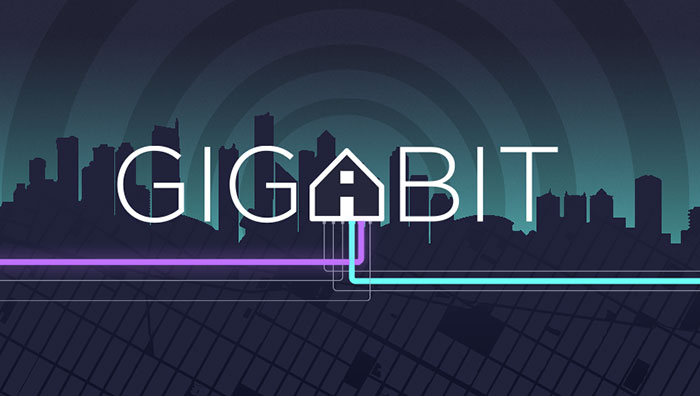Last year the UK's PM, Boris Johnson, set a target of giving every home in the UK access to Gigabit-capable broadband by 2025. "We are setting out plans to invest £5bn to support the rollout of full-fibre, 5G and other gigabit-capable networks to the hardest-to-reach 20% of the country," said a press release about the plans. The plans superseded those of Theresa May's government which had targeted full fibre connectivity in 15 million premises by 2025, with the full country only getting this level of coverage by 2033.

At the time a BBC report thought the advancement could be aided by switching from a pure full-fibre pledge to a more pragmatic Gigabit connectivity promise, embracing both fibre, 5G networks, and other options.
In July this year the government appears to have watered down Johnson's 2025 pledge, perhaps fearing becoming best known for a habit of over-promising then under-delivering. The updated goal took Johnson's pledge of "gigabit broadband sprouting in every home" by the end of 2025 and diluted it to "go as far as we possibly can by 2025."
A report today published by ISP Review appears to confirm that full gigabit broadband UK coverage by 2025 isn't going to be achievable. It quotes the CEO of BT Group, Philip Jansen, who has warned MPs that at the current pace it will take until 2033 to achieve universal UK coverage of gigabit-capable broadband.
The government has set aside £5bn with special focus on the costly final 20 per cent of hardest to reach premises. However, Jansen indicates that the goal isn't going to be achieved. Instead the BT CEO suggests that if the government provides some £9bn worth of cuts in tax and reduces red tape that gigabit-capable broadband would be available UK-wide by 2027.

If no more funds or relief are coming to help accelerate the gigabit capable networking rollout, Jansen reckons we will be back at Theresa May's targeted date - 2033 - to achieve universal UK coverage of gigabit-capable broadband (not full fibre, but a mixed solution in this case). This will be eight years later than Johnson's 2025 target, and it is a timescale characterised by Johnson last year as being "laughably unambitious".






